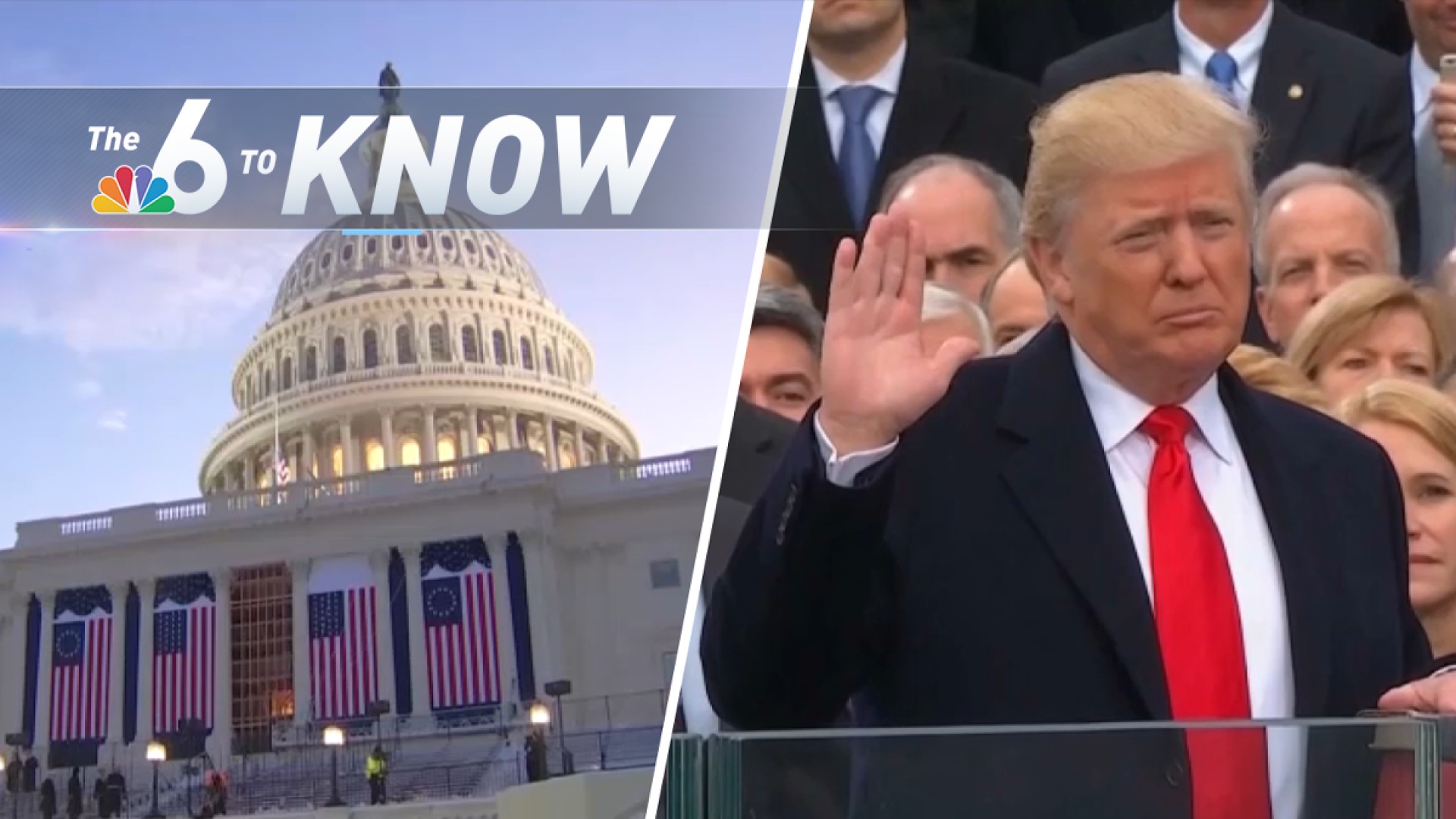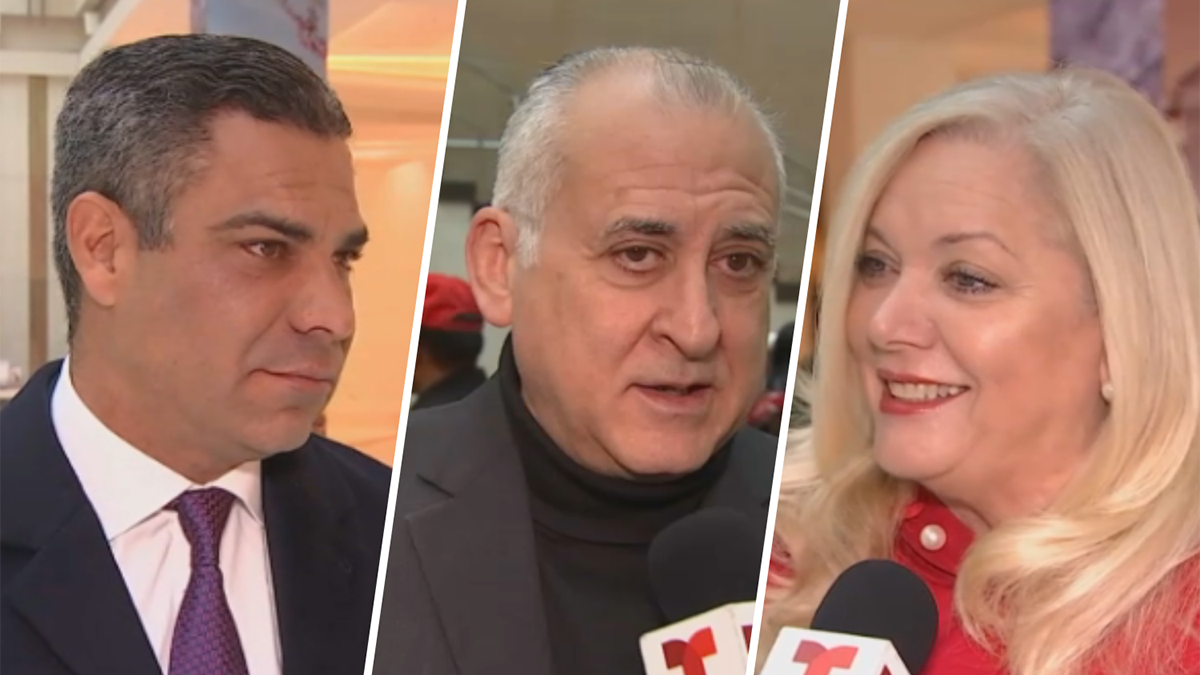After tests, confusion, waiting and fertility treatments, a couple struggling with male infertility is now expecting. They say it is all thanks to a new technology that they had to travel to South Florida to get. NBC 6’s Stephanie Bertini reports.
Katherine and Albert Metz were eager to transition from newlyweds to parents.
"We told all our friends last year we want to be pregnant by our one-year anniversary," Albert said.
As the months rolled by, Katherine learned, for her, it likely wouldn't happen naturally.
"We were trying for four, five months. I went to see my doctor who put me on some meds but that wasn't quite working," Katherine said.
The couple soon found out Albert had a severe fertility issue. Test results analyzing his sperm did not bode well for the newlyweds.
"Statistically, speaking we would probably never get pregnant," Albert explained. "I was sad. I felt like I wasn't living up to what a man should be."
While they struggled with the reality that would quickly overwhelm them, Katherine's aunt and veteran fertility specialist with IVFMD, Dr. Ellen Wood, was watching from South Florida. Dr. Wood encouraged the couple to travel to South Florida to try new technology that would increase the chances of IVF succeeding.
Local
"We had just begun a trial with different ways to prep sperm. This new technology is on a chip [and] sperm prep themselves," Dr. Wood said while explaining how the new technology Zymot works.
Zymot is only a few years old. The technology separates sperm so only the strongest is used.
"It's so Darwinian, survival of the fittest," Dr. Wood said of the process. "We have just been preparing sperm the same way for some many years, we didn't realize the sperm was not as healthy as it could be. I'm surprised we didn't learn about this earlier."
The fertility doctor offered her niece and her nephew-in-law the opportunity to take part in a small sample group to test it out. The newlyweds traveled to South Florida to start the process.
In the Metz's case, IVF treatment combined healthy eggs and healthy sperm outside the body to produce embryos. The couple got 15 embryos, but then there was a plot twist.
"We found out all of our embryos were dying within a few hours," Katherine said. "I can't describe the feeling of loving 15 children you thought you would never have."
Fortunately, two survived. Dr. Wood implanted one of those embryos
"I remember pleading and begging God for one shot to be a parent," Katherine said.
She got what the couple wanted.
"She texted me a picture of positive pregnancy stick. I was like yes!" exclaimed Dr. Wood.
Just days before the Metz's one-year anniversary, the couple shared the baby news to family and friends.
"This technology is the reason why we are starting our family today. If it wasn't for it, I don't think it would have been possible to get pregnant," Katherine said.
Dr. Wood says IVFMD has shifted its practice to prepare all sperm using Zymot to improve overall outcomes. She wants couples to know if they've already tried IVF but failed, this new technology could be the next best hope.



